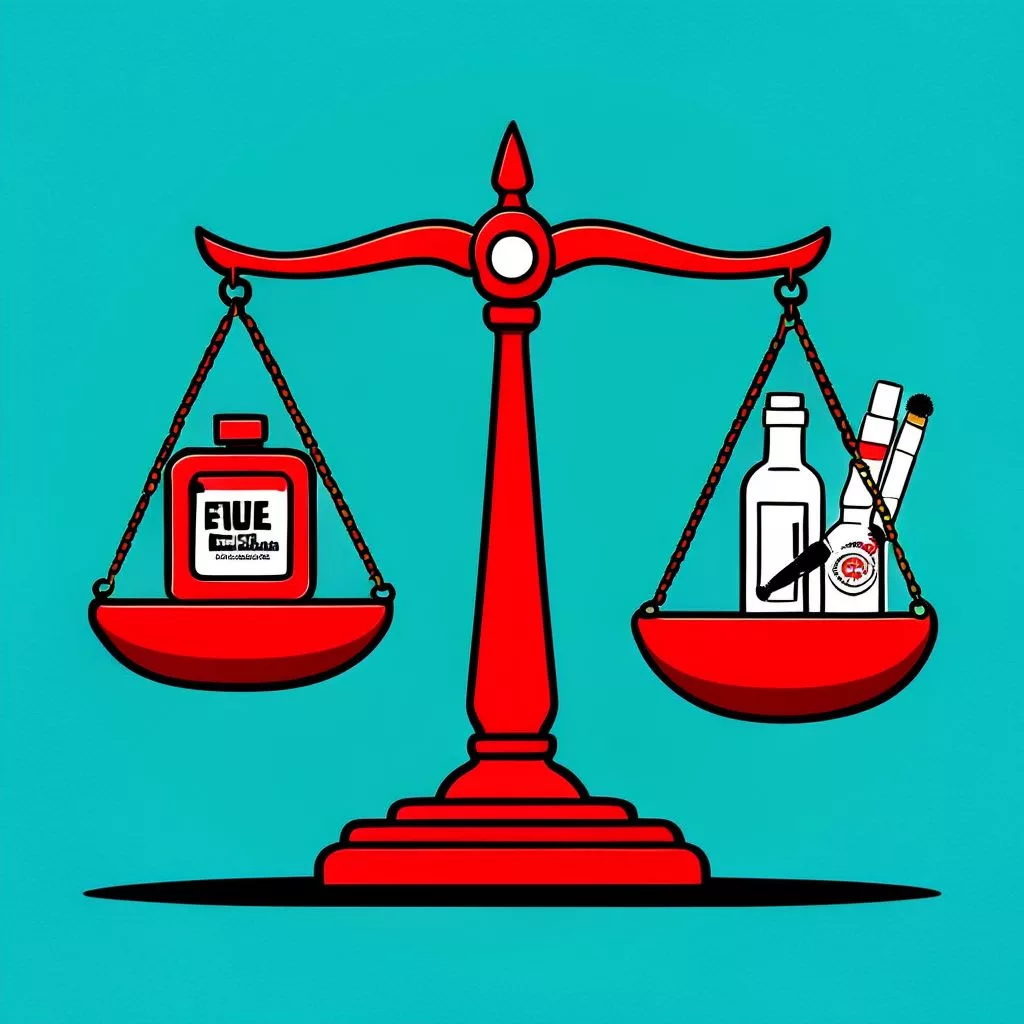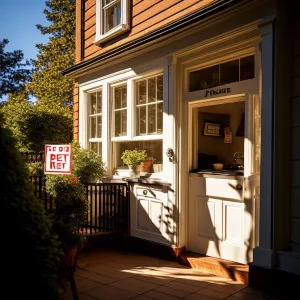South Africa’s budget faces tough challenges like high debt and slow growth, forcing the government to find smart ways to raise money without upsetting people too much. Instead of raising VAT, it leans on higher taxes on alcohol, tobacco, and fuel to bring in cash. These moves help fill the budget gap but also make life harder for many ordinary South Africans, who feel the pinch in daily costs. The government also uses “bracket creep,” quietly taxing more as incomes rise with inflation. Balancing the budget while keeping the country stable and fair is a delicate and ongoing struggle.
South Africa’s new twopot retirement system splits your savings into two parts: onethird can be accessed early for emergencies, while twothirds stay locked for retirement. This helps people handle urgent money problems without losing all their future savings. But many are withdrawing too often, risking their longterm security. Stories like Sipho’s show how easy access can lead to quick spending, leaving little when real crises hit. The system offers hope but also warns that good money habits and support are still needed to protect retirement dreams.
South Africa’s twopot retirement system splits savings into two parts: one you can use early for urgent needs, and one that stays locked away for your retirement. This system helps people manage today’s money problems without losing their future security. Many have already used their accessible savings more than once to cover costs like school or medical bills, showing how tough life can be. While the choice to wait and save more rewards patience, many face tough decisions between spending now and saving for later. The system is a new way to balance hope and hardship, but it also brings risks like taxes and the danger of falling into debt traps.
Eskom’s Winter 2025 outlook brings a fresh sense of hope for South Africans tired of constant power cuts. Thanks to better maintenance, smart technology, and new power stations coming online, loadshedding is expected to be much less frequent, with only about 21 days of outages. The grid feels stronger and more reliable, letting families and businesses plan their days without fear of sudden blackouts. While challenges remain, Eskom’s drive to modernize and clean up its act is lighting the way toward a steadier and brighter future. This winter, South Africa might finally turn a corner away from darkness.
South Africa is facing a big decision about its clean energy future. New import tariffs on solar panels, wind parts, and batteries could make renewable energy more expensive, slowing down how many people can afford it. While these tariffs aim to grow local factories and create jobs, they might also push green power out of reach for many families and small businesses. The country must find a balance between supporting local industry and keeping clean energy affordable for everyone. This choice will shape South Africa’s path toward a greener, fairer future.
In South Africa, as artificial intelligence changes many jobs, some careers stay strong because they rely on human warmth and skill. Teachers inspire and support students beyond books, while therapists offer deep understanding no machine can match. First responders bravely face emergencies with quick thinking, and skilled tradespeople solve handson problems every day. Spiritual leaders and occupational therapists help guide and heal communities, showing that human care and connection are irreplaceable in the future.
Fuel prices in South Africa have dropped, making petrol 22 cents and diesel 42 cents cheaper per litre. This helps families save money on filling their cars and eases costs for farmers and businesses that rely on transport. With lower fuel expenses, people can spend more on other needs, and goods might become more affordable, lifting the economy a little. Though the drop won’t fix all problems, it brings hope and relief to many South Africans struggling with high prices. This small change ripples through daily life, brightening the day for drivers, workers, and shop owners across the country.
South Africa’s electricity crisis is deep and painful, as Eskom struggles with old, poorly maintained power plants and mismanagement. Frequent blackouts—called loadshedding—have become part of daily life, forcing families and businesses to adapt with candles, batteries, and solar power. Despite promises to fix the problem, Eskom’s power supply keeps falling short, causing frustration and economic harm. Yet, amid the darkness, communities come together, showing resilience and creativity, sparking hope for new, cleaner ways to bring light back to the nation.
De Rustica Olive Estate in South Africa grows amazing Coratina olives using kind, natural farming on lands full of history and life. Their extra virgin olive oil tastes fresh and rich, winning top prizes at big global contests like EVOOLEUM. The estate shows how care for soil, handpicking, and respect for nature create oils with vibrant flavors and health benefits. De Rustica’s success shines a new light on South African olive oil, inspiring farmers and chefs around the world. It’s a story of tradition and passion coming together in every golden drop.
Shein shook up South Africa’s fashion scene by using a customs rule that let small packages pay lower taxes, making its clothes very cheap and tough for local stores to compete. But in 2025, the government stepped in and changed the rules, raising tariffs and closing the loophole to protect local businesses. This shift made Shein’s prices go up and gave South African shops a chance to bounce back. The story shows how global online shopping can clash with local laws and the struggle to balance cheap goods with fair trade and community jobs.
South Africa is quickly becoming a top choice for offshoring because it offers a skilled, Englishspeaking workforce and works in time zones close to Europe. Cities like Cape Town are buzzing with modern businesses and tech talent, making it a smart spot for companies looking to grow and innovate. Beyond just saving money, firms value South Africa’s reliability, strong infrastructure, and diverse expertise in tech, finance, and customer support. This rise is changing global business, creating new chances for workers and companies worldwide to connect and succeed together.
Patrice Motsepe is a powerful South African businessman whose name is quietly gaining attention as a possible leader for the ANC in 2027. Coming from humble township roots, he built a huge mining empire and is known for his honesty and smart leadership. Many see him as a fresh, hopeful face who could help renew the party and bring real change to South Africa’s economy. While some worry about mixing big money with politics, Motsepe’s rise sparks strong talk about what the ANC needs to succeed in a tough future. His story is already shaking up the party and inspiring many who want a new direction.
Forging New Paths: Jacques Faith van Tonder, Resilience, and Digital Bridges for South African Migrants
Jacques Faith van Tonder is helping South African migrants by sharing his own moving story on TikTok and creating H2ABuddy.com, a website that connects job seekers with U.S. farm employers using the H2A visa. His honest videos show the real ups and downs of leaving home and starting fresh across the world. Through his platform, he offers practical help and builds a caring online community where people find hope and support. His work turns migration from a lonely struggle into a journey of strength and connection.
Homes aren’t just places to live—they can also help people earn money and get creative. By renting out rooms, sharing parking spaces, or hosting guests on Airbnb, homeowners can bring in extra cash. Some even turn their houses into event spots or small business studios, mixing old ideas with new ways to work from home. This smart use of space helps families stay strong when money feels tight. With a little imagination, your home can become more than a shelter—it can be a source of income and fresh opportunities.
Women at the Crossroads: Flexibility, Ambition, and the Future of Work in South Africa
South African working women are standing at an important crossroads, balancing family duties and big career dreams. They want flexible jobs that let them work smarter, not harder, especially as many juggle kids and home life. Despite their strong drive, many face tough barriers like fewer chances to become leaders and long waits for promotion. The future of work means companies must listen, offering support like hybrid schedules and mentorship to keep talented women thriving. This change is not just good—it’s vital for a strong, fair workplace where women can shine.
South Africa is facing a big debate about whether to tax the superrich more to help fix deep economic gaps and raise money for public services. Some say a wealth tax would make things fairer, while others worry rich people might leave or hide their money, making the tax hard to collect. The government already taxes high earners heavily, but many believe this isn’t enough to close the gap between rich and poor. This debate is about more than money—it’s about building a fair society where everyone shares in the country’s success.
















